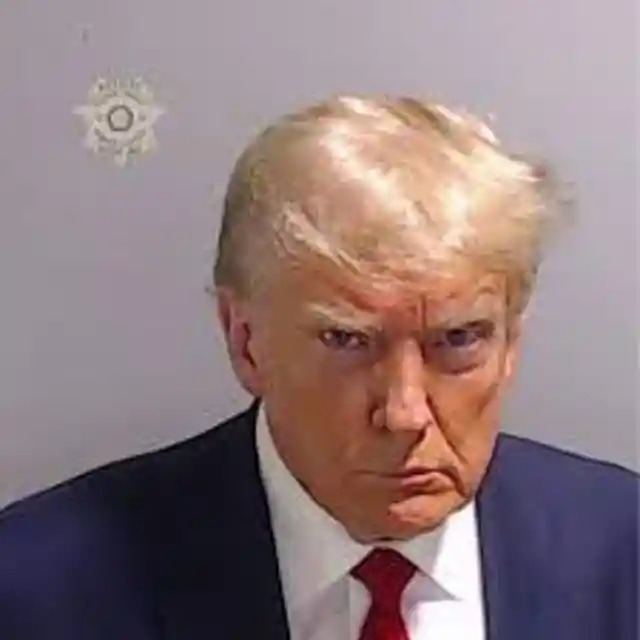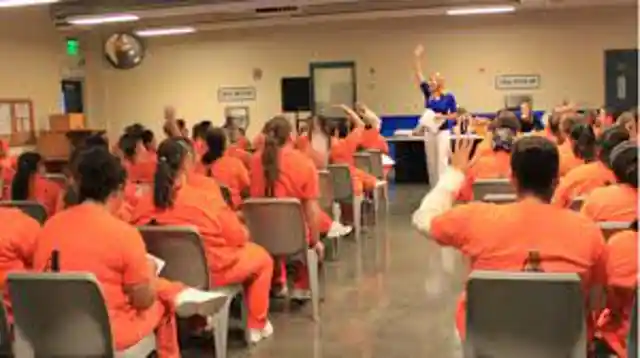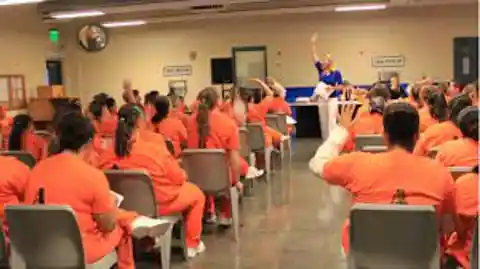

In a landmark legal decision a few weeks ago that has rocked the United States, former President Donald Trump was convicted of 34 felony charges. This unprecedented event is the first instance where a former president has faced such extensive criminal accountability.


As a convicted felon myself, I view this development through a unique lens, contemplating its deeper implications not just for myself but for all Americans.
The conviction of a high-profile figure like Donald Trump underscores a fundamental principle: the rule of law prevails in the United States. No individual, irrespective of their power or position, is beyond the reach of justice. For someone like me, who has faced the consequences of felony charges, this reaffirms a belief in the fairness and impartiality of our legal system. It instills hope that justice can be served, balancing the scales for everyone, regardless of status.
This event also serves as a powerful statement about the integrity of American institutions. Public trust in governmental and legal structures has wavered over the years, especially among those who feel marginalized by the system.
Seeing a figure like Trump held accountable may restore some faith in these institutions, suggesting that they function based on principles of justice, not merely political convenience. For citizens like me, this could signify a more inclusive and equitable system where one's past does not indefinitely dictate one's future.
Politically, the shockwaves of this conviction are immense. Trump’s political journey has been divisive, shaping and often polarizing the national discourse. His conviction might close a chapter for some, while it opens a period of uncertainty and realignment for others.
As a voter, this moment prompts a reevaluation of what leadership and accountability should look like in a democracy. It influences the political landscape, informing how parties might reorient their policies and platforms in response to a demand for greater transparency and integrity.
On the international stage, the conviction of a former president for multiple felonies sends a complex message. It highlights the robustness of American democracy but also points to the tumultuous nature of its politics. This could alter perceptions for Americans traveling or living abroad, impacting everything from interpersonal interactions to international policy considerations.
Economically, while the direct impact of Trump’s conviction might be subtle for the individual citizen, it contributes to the broader climate of uncertainty that can affect market stability. As a member of the community working towards reintegrating and contributing positively, understanding these economic undercurrents is crucial. It affects the job market, investment climate, and overall economic health, which in turn influences opportunities for rehabilitation and reentry into society.


The social implications of this event are perhaps the most poignant. The nation is deeply divided, and reactions to Trump’s conviction will likely intensify these divisions. For someone striving to reintegrate into society, these social dynamics are critical.
They shape the community environment, affecting everything from social support networks to potential employment opportunities. Navigating this polarized landscape requires resilience and a commitment to bridging divides.
This conviction might serve as a springboard for further advocacy for advocates and reformists, particularly those focused on criminal justice reform. It highlights the potential for accountability at all levels and can galvanize efforts to push for systemic changes that make the justice system more transparent, fair, and rehabilitative.
From a personal standpoint, observing a figure like Trump face the consequences of felony convictions resonates deeply. It reaffirms the belief in second chances and the possibility of redemption and change. It serves as a reminder of the continuous journey towards a just and equitable society where past mistakes do not define one's entire life.
Donald Trump’s conviction is a watershed event that holds profound implications for every American, including those of us who have been through the criminal justice system. It challenges us to reflect on our values, our understanding of justice, and our hopes for the future of our democracy. As we process this historic moment, it is crucial to foster dialogue, pursue understanding, and work toward a society that values justice and equality for all its members, irrespective of their past.
About the Author: Nicole Wiesen, MSW, CCTS-I is a Public Voices fellow on Racial Justice in Early Childhood with the OpEd Project in partnership with the National Black Child Development Institute, advocating advancing mental health resources for previously incarcerated individuals. She is also a current member of the National Association of Social Workers (NASW).